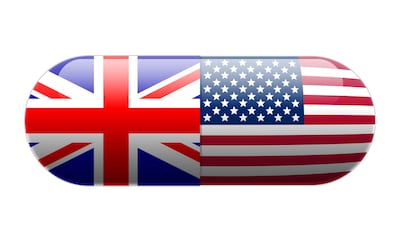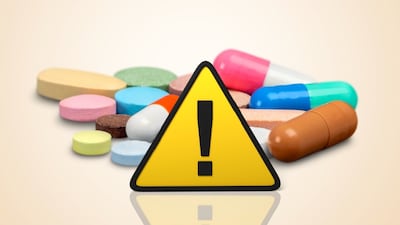Improving patient recruitment speed will determine the future of the UK’s clinical trials landscape, experts argued at a webinar on the next steps for clinical research in the country.
External reference pricing is one of several drug pricing control measures used by a number of countries to contain drugs prices.
The UK-US trade deal offers the “the most encouraging signs the industry has seen for many years,” but UK companies had little influence over it and details are still scarce, according to one industry expert.
Sponsors are increasingly using Bayesian methods in clinical trials, prompting the European Medicines Agency to evaluate how it can address a lack of “clarity” around when this is acceptable.
A key UK database of new medicines in drug company pipelines is being updated to future-proof horizon scanning in the UK and include vaccines.
The European Medicines Agency has recommended new uses for nine approved medicines, including Incyte's immunotherapy Zynyz which is poised to become the first EU treatment for squamous cell carcinoma of the anal canal.
If the EU’s controversial Artificial Intelligence Act applies restrictive rules to pharmaceutical research and development activities, the UK could benefit from offering a more favorable regulatory environment, top lawyer Stephen Reese explains.
The EMA has voted in favor of EU approval for five new products, including treatments for a rare, life‑threatening genetic disorder and for non‑cirrhotic MASH, and has also recommended reversing its earlier rejection of an orphan drug for chronic graft‑versus‑host disease.
The European Medicines Agency said that Sanofi’s Rezurock should be approved on a conditional basis for patients with chronic graft-versus host disease after reconsidering its initial decision not to recommend the drug.
The Irish government has struck new in-principle agreements with the innovator and off-patent pharmaceutical sectors to help make the health care system more sustainable.
The UK MHRA says it is ready to deliver the new Clinical Trials Regulation, which aims to balance faster review of trial applications with greater flexibility to deliver a competitive, innovation-friendly clinical research ecosystem.
The US pharmaceutical market is critical for European pharma companies, but new policies introduced by the Trump administration are creating an increasingly complex and uncertain environment for them.
Patients severely burned in a Swiss bar fire have been treated with a novel, life-saving antimicrobial containing sulbactam and durlobactam. But this drug has never been filed for approval in the EU, something that is “disappointing” according to the EMA’s Marco Cavaleri.
An India-EU trade deal sets ground for a free trade agreement to lower tariffs on pharma, though an investment protection agreement – likely influencing data exclusivity – will be concluded later. Will the US now reconsider its India tariffs?
The European Medicines Agency wants feedback on a reflection paper that aims to address a lack of “uniformity” in cardiovascular toxicity endpoints in clinical trials for cancer drugs.
The European Medicines Agency is set to adopt opinions on whether marketing approval should be granted to five new products, including therapies for a serious liver disease and an ultra‑rare genetic mitochondrial disorder.
As Europe races to reclaim its share of commercial clinical trial activity, regulators are testing whether faster approvals and shorter setup timelines will be enough to restore sponsor confidence, attract biotech investment, and secure the region’s place in global drug development.
The EU public‑private Trials@Home consortium put seven decentralized clinical trial elements to the test through its proof‑of‑concept RADIAL study to generate learnings on how to scale such trials in the future.
Two major EU trade agreements are on hold, with ramifications for the pharmaceutical market.
While drug manufacturers are unlikely to “pull out of the EU entirely,” geopolitical shifts driven by US tariff threats will mark a “categoric shift” as big pharma tries to “placate the Trump administration,” an analyst says.




















